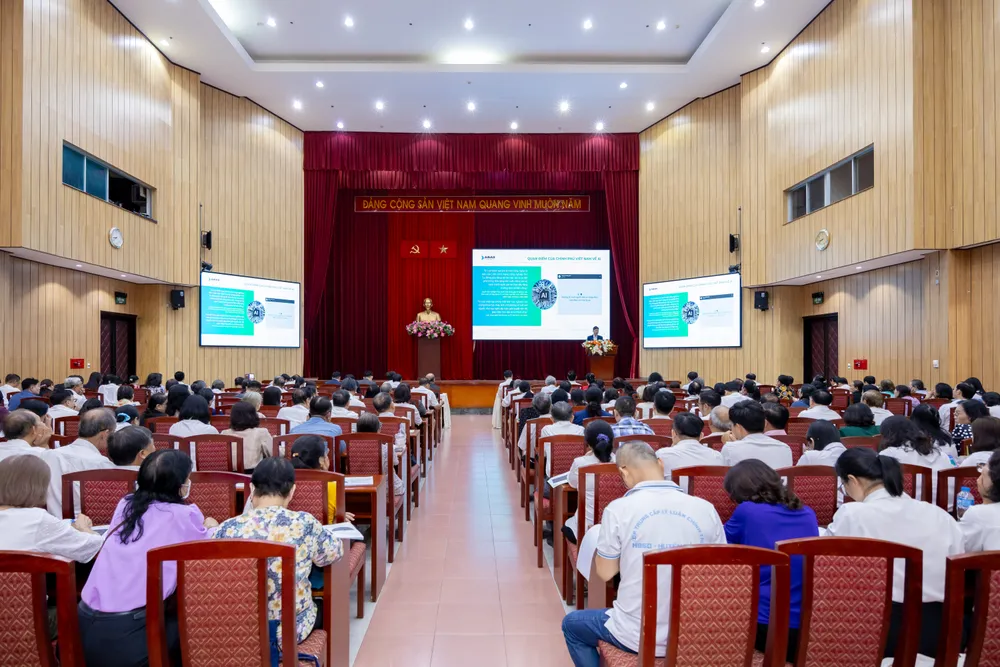
The training session aims to gradually improve the efficiency of business processing and meet the requirements of digital transformation in the judicial sector. The integration of artificial intelligence in professional activities is opening up a direction for standardizing business operations and optimizing processes in the court sector.
In his opening speech, Mr. Le Thanh Phong, Chief Justice of the Supreme People's Court , emphasized that digital transformation is being vigorously implemented by the Party, the State and the court sector to improve the efficiency of management and adjudication. In particular, AI opens up many opportunities for innovation but also poses potential risks if not exploited effectively, leading to dependence on technology. The proper application of AI is an essential requirement to build a modern judiciary.

“The Law on Mutual Legal Assistance in Civil Matters is being discussed by the National Assembly , which will give direct authority to the Regional Court in handling mutual legal assistance and collecting evidence, creating conditions for the court system to take advantage of technology (including AI) to serve judicial reform and integration,” said Mr. Phong.
At the training session, Mr. Dao Trung Thanh, Deputy Director of ABAII, gave an in-depth analysis of the potential and application value of artificial intelligence in the legal field. Based on international reports and updated data from legal practice, he emphasized that AI is not only a support tool but is becoming an essential component in modernizing judicial activities.
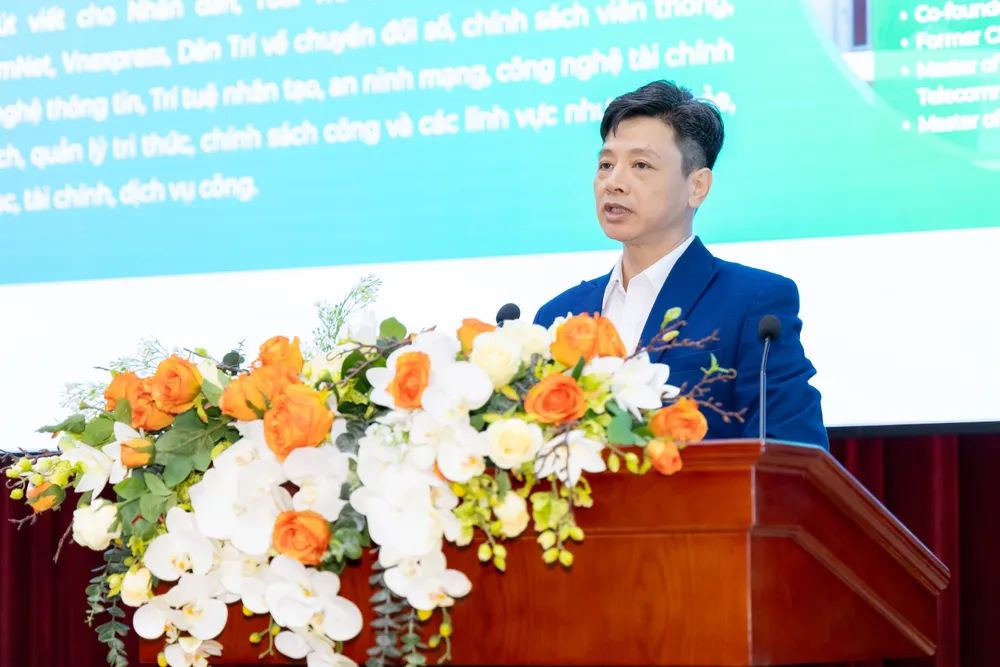
“The application of AI in the judicial field must comply with the “Human in the Loop” principle, which means ensuring that technology plays a supporting role and does not replace the decisive role and professional judgment of humans, especially in situations requiring legal responsibility and professional caution,” Mr. Dao Trung Thanh emphasized.
According to the American Bar Association, the percentage of law firms adopting AI has increased significantly from 11% in 2023 to 30% in 2024, with large law firms being the most popular. Legal professionals increasingly appreciate the role of AI in optimizing time, improving efficiency, and minimizing risk in tasks such as drafting contracts, predicting case outcomes, and managing litigation files.
However, in addition to expectations, at the training session, delegates also emphasized the need to address challenges in technology infrastructure and human resource capacity to ensure that the application of AI in the judicial sector is deployed synchronously, safely and sustainably.
Source: https://www.sggp.org.vn/tap-huan-chuyen-doi-so-ung-dung-ai-trong-nganh-tu-phap-post801521.html



![[Photo] President Luong Cuong attends special political-artistic television show "Golden Opportunity"](https://vphoto.vietnam.vn/thumb/1200x675/vietnam/resource/IMAGE/2025/8/22/44ca13c28fa7476796f9aa3618ff74c4)
![[Photo] President Luong Cuong receives delegation of the Youth Committee of the Liberal Democratic Party of Japan](https://vphoto.vietnam.vn/thumb/1200x675/vietnam/resource/IMAGE/2025/8/22/2632d7f5cf4f4a8e90ce5f5e1989194a)


![[Photo] Prime Minister Pham Minh Chinh chairs the conference to review the 2024-2025 school year and deploy tasks for the 2025-2026 school year.](https://vphoto.vietnam.vn/thumb/1200x675/vietnam/resource/IMAGE/2025/8/22/2ca5ed79ce6a46a1ac7706a42cefafae)











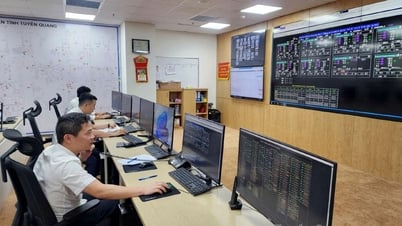

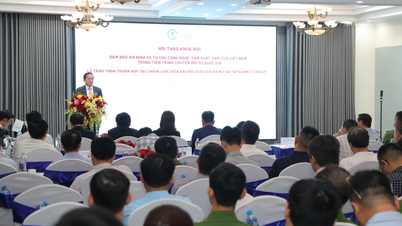






















































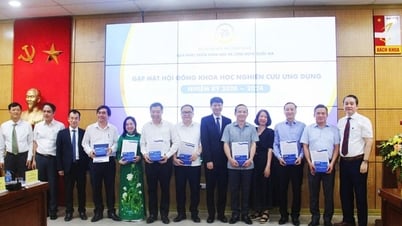













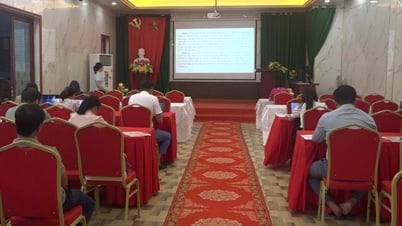
















Comment (0)